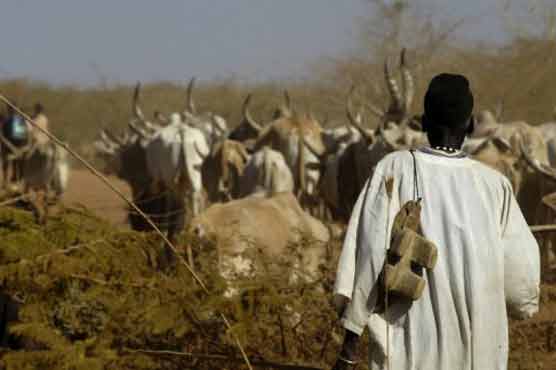
Five bodies from the Chibombo Post bus accident still remain unclaimed, according to Ndola district commissioner Rebby Chanda.
But police say that 51 people died in the Chibombo accident on Thursday February 7, 2013 and that they had all been identified and accounted for.
On Saturday, authorities in Ndola said they had failed to account for nine bodies out of the over 50 that died in the accident and intensified the search for the said bodies.
But in an interview at Mitengo Cemetery yesterday, Chanda disclosed that out of the nine, four had been identified and family members were sent to Kabwe General Hospital to collect the bodies.
He said the government was still making frantic efforts to have the remaining five bodies identified so that they could be buried together.
"At the moment, what we have is that one victim was buried yesterday Saturday, four will be buried today Sunday and the rest will be buried tomorrow.
The postmortem is going on right now and four children from Arthur Davison Hospital will be transported to Ndola Central Hospital for postmortem while we are still waiting for the other bodies from Kabwe," Chanda explained.
Meanwhile, a visit to Mitengo Cemetery found gravediggers preparing the graves in a place secured for burial.
About 31 graves had been prepared by press time while graders were clearing the area as part of the burial preparations.
And police deputy public relations officer Charity Munganga-Chanda stated that they were concerned about the different figures being passed on to members of the public regarding the number of people who died in the Chibombo accident.
She said according to their investigations and records, 51 people died in the Chibombo accident on Thursday, and that they had all been identified and accounted for.
"Twenty bodies were transported to the Copperbelt on the actual day of the accident. One person who was seriously injured died on the way to UTH and the body was deposited in the UTH mortuary. This brings the total number of bodies evacuated on February 7, 2013 to 21.
On February 8, 2013, 26 bodies were again taken from the Liteta and Kabwe mortuaries to the Copperbelt after positive identification by relatives of the deceased persons. The total number of bodies that were transported to the Copperbelt is 46. The body of the person who died on the way to UTH is still lying in the UTH mortuary," Munganga-Chanda stated.
She stated that as of yesterday four bodies were still in Kabwe General Hospital mortuary, adding that one of them was to be buried in Kabwe, while the three awaited confirmation of place of burial by relatives.
She stated that the scene of accident was thoroughly combed and searched and that all the bodies were picked from there.
"We wish to reiterate that the total number of people who died on February 7, 2013 is 51 and all the bodies have been positively identified, autopsy conducted and are ready for burial," she stated.
And Central Province division criminal investigations officer Andrew Mbewe said Van eedem Abraham, the Mkushi farmer who is believed to have caused the accident, was still in police custody for security reasons.
Mbewe said even though the offence committed by Abraham was bailable, police did not want to release him because he may not be spared by the general public.
"It doesn't matter whether it's bailable or not.
We don't give bond there and then. Giving a bond is not a must. Bond is just a prerogative of the police, looking at the nature of the offence. We are talking about a multitude of people; if he is released, the general public can't spare him," Mbewe said.
He wondered why authorities in Ndola were saying that nine bodies were missing, saying they were alarming the nation.
And the Anglican Church in Zambia said driving in Zambia had become risky because of careless and indisciplined drivers.
Anglican Archbishop of the Diocese of Northern Zambia most Reverend Albert Chama said many drivers had no courtesy for other road users.
"We are all very sad for the loss of lives in the accident. We will be praying for the families who have lost their beloved ones. The Church has also observed that driving in Zambia can be risky because of many careless and indisciplined drivers. Many such drivers have no respect or courtesy when on the road," Rev Chama said in a statement.
Archbishop Chama hoped and prayed that the authorities tasked to look into the cause of the tragedy would work tirelessly in order to establish what really happened and find ways of avoiding such accidents in future.
The church has since urged the Road Transport and Safety Agency (RTSA) and the government to improve all highways and institute stringent measures to deter road traffic offenders.
Monday 11 February 2013
http://www.postzambia.com/post-read_article.php?articleId=30233









